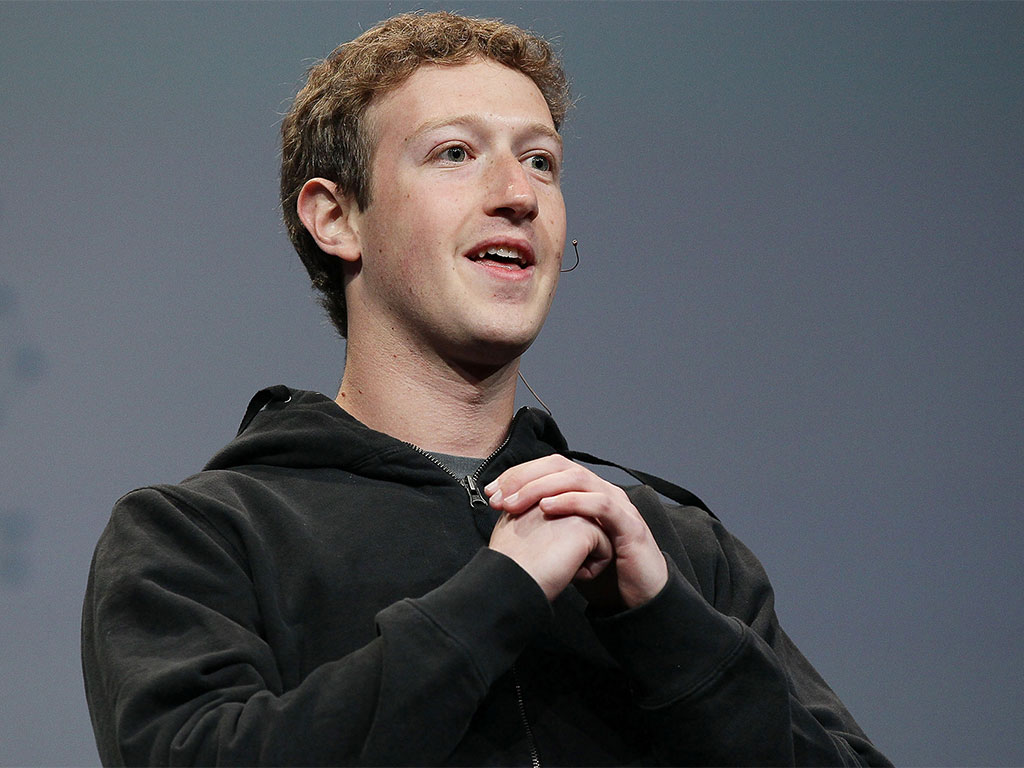Facebook uses F8 conference to unveil its augmented future
Mark Zuckerberg made clear augmented reality is the future of Facebook at the F8 developer conference, as the company faces ethical questions surrounding its service

Mark Zuckerberg is preparing to strike the tech world with the fist of augmented reality
Augmented reality will be the next big thing for Facebook, CEO Mark Zuckerberg declared at the Facebook F8 developer conference this week. The company plans to introduce a number of 3D effects into cameras within the company’s suite of apps as part of its initial push towards making augmented reality mainstream, with even bigger plans for the future.
Speaking at the conference, Zuckerberg said augmented reality would be the next platform for computing, and Facebook is in an optimum position to bring it to the public. The first of Facebook’s projects will be the inclusion of 3D text and image overlays within the Facebook in-app camera. Demos showed at the conference included 3D words emerging from a breakfast table, and a 2D image of an office appearing to fill with water. As well as engaging users, the effects also offer potential to advertisers who could develop branded versions. The platform will also be open to developers outside of Facebook.
You want to watch TV? You don’t need a physical hardware TV, you buy a one-dollar app ‘TV’ and put it on the wall
The feature is similar to filters, which were pioneered by Snapchat, the current leader in augmented reality camera apps. Zuckerberg admitted Facebook has been slow to develop its own solutions, but said the company is now in the best position to push the technology forward.
The company’s plans for the future are even more ambitious. In an interview with Recode, Zuckerberg confirmed Facebook is working on augmented reality hardware, and it is looking to gradually replace physical goods with digital ones. “You want to watch TV? You don’t need a physical hardware TV, you buy a one-dollar app ‘TV’ and put it on the wall”, he explained.
Facebook has also released its social virtual reality app Facebook Spaces on the Oculus Rift, allowing users to meet and interact in a digital space. In 2014, Facebook paid $2bn for virtual reality start-up Oculus VR to accelerate its virtual reality ambitions.
However, Facebook has also been forced to answer questions surrounding its technology after a murder was planned and shared by a user on the service. The incident prompted a manhunt in the US, and many questioned Facebook’s moderation of the videos it hosts. As reported by The Verge, Zuckerberg apologised at F8 to the families involved, and said the company will work to prevent tragedies like this from happening again.













